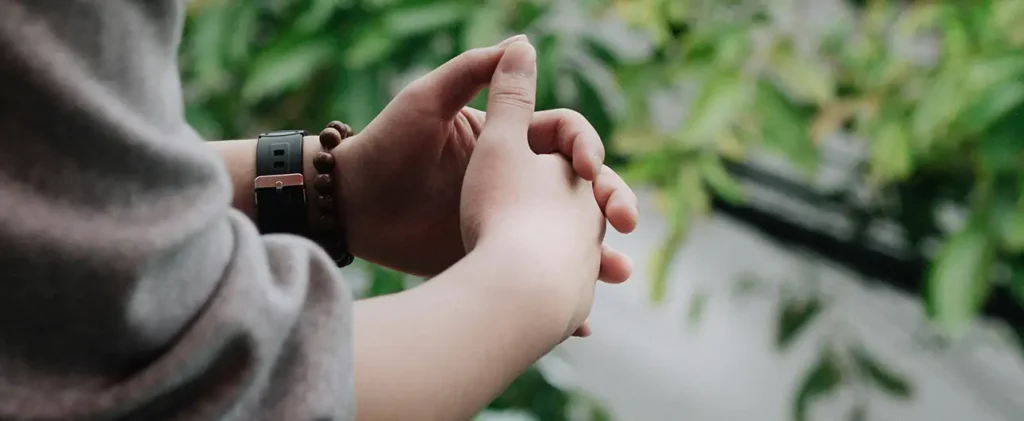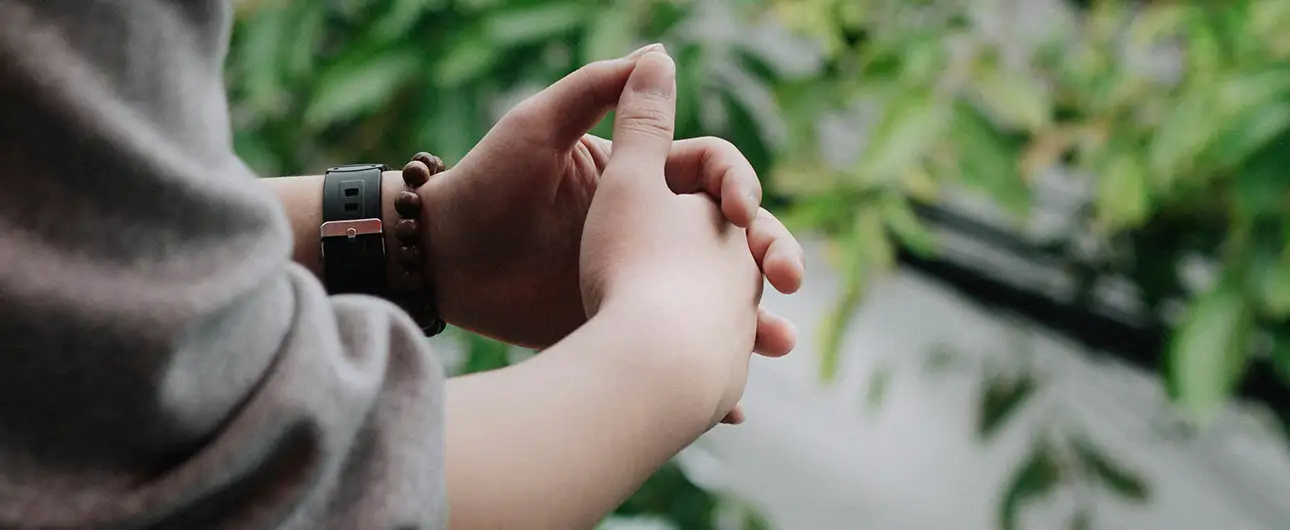Struggling to stop watching porn is more common than many people realise, and it can quietly take a toll on your mental health, relationships, and overall well-being if left unchecked.
If you’re feeling isolated, overwhelmed, or unsure of where to turn, therapy for porn addiction offers valuable support to help you break free from harmful habits. Let’s explore how effective treatment can help you regain control of your life in a way that feels both manageable and sustainable.
Understanding Pornography Addiction
While pornography addiction is not officially classified as a mental health disorder, many experts consider it a form of behavioural addiction that deserves equal attention. For some, watching porn becomes a compulsion – something they keep doing even when they genuinely want to stop.
The loss of control in porn consumption can be distressing and may negatively affect various areas of everyday life. Recognising signs and causes and understanding why this pattern is so difficult to break is a critical first step toward positive change.
Signs and Symptoms of Porn Addiction
Porn addiction involves compulsive use of pornographic material that continues even when it significantly interferes with daily life. Common signs and symptoms to look out for include:
- Spending more time than intended viewing pornography
- Using porn to deal with stress, boredom, or negative emotions
- Repeatedly trying to cut back or quit, but being unable to
- Needing increasingly extreme content to feel satisfied
- Hiding or lying about your porn use
- Continuing to watch despite negative consequences
- Losing interest in real-life sexual experiences or partners
- Withdrawing from friends, family, or social activities
- Feeling guilt, shame, or emotional distress when watching porn
Recognising these indicators early is crucial. If any of this feels familiar, whether in your own life or someone you care about, professional support is available.
What Causes Porn Addiction
Porn addiction can stem from various reasons, and each person’s experience is unique. Emotional challenges such as stress, loneliness, and unresolved trauma can play a role, and the internet’s easy access to explicit content makes it easier for problematic habits to form.
Several factors further increase the likelihood of porn addiction, including early exposure to pornography, ongoing mental health conditions like depression or anxiety, a family history of addiction, and a lack of supportive relationships. While not everyone who views pornography will develop an addiction, these risk factors can increase vulnerability.

Different Therapies for Porn Addiction
There are various treatment options available for pornography addiction, each focused on breaking unhealthy patterns, regaining self-control, and enhancing overall well-being.
Behavioural Therapy
Cognitive Behavioural Therapy (CBT) is a widely used, effective approach for treating both substance and behavioural addictions. It helps individuals identify the unhelpful thoughts that drive compulsive use and learn healthier ways to respond to triggers.
Therapists may incorporate techniques such as thought recording, behavioural experiments, or role-playing. Treatment typically includes regular sessions and take-home exercises. CBT is supported by research as a practical, goal-focused method that addresses addictive behaviours.
Trauma Therapy
For some individuals, addiction may be linked to past trauma. Trauma therapy addresses this connection in a safe, supportive environment built on trust and empathy. Rather than focusing on blame or shame, it encourages self-compassion and helps you handle present challenges.
Therapists may use practices such as mindfulness, grounding exercises, and gentle exploration of past experiences. By addressing both the underlying trauma and the addictive behaviour, trauma-informed therapy can support more lasting and meaningful change.
Group Therapy
Group therapy offers a supportive space to connect with others who are facing similar struggles. Sharing experiences in a safe environment can help reduce feelings of shame and isolation while fostering motivation, accountability, and a sense of belonging.
Participants are encouraged to speak openly, listen to others, set attainable goals, and explore new strategies for handling their behaviour. Some groups follow structured formats, while others involve open discussions guided by one or more therapists.
Online Sessions
Online porn addiction therapy is more accessible and flexible compared to in-person sessions. You can receive treatment from the comfort of your home using video calls, phone calls, or chat-based platforms. This is ideal if you have a busy schedule, live in a remote area, or value added privacy.
Many therapists now offer online services, often combined with tools like digital worksheets, messaging support, or self-guided exercises to help you stay engaged between sessions. This format removes transportation barriers and enables more adjustable scheduling.
Residential Treatment
Residential treatment provides an immersive environment for individuals struggling with severe or persistent pornography addiction. You live in a secure facility for a set period, usually ranging from a few weeks to several months, while receiving intensive emotional and therapeutic support.
This setting removes you from everyday triggers and distractions, making it easier to focus fully on recovery. Treatment typically includes a combination of assessment, individual therapy, group sessions, workshops, and holistic activities such as yoga, mindfulness, or nutritional counselling.
Short and Long-Term Effects of Porn Addiction
According to a 2023 narrative review, pornography addiction can cause a wide range of psychological, sexual, and neurological effects. These include mood disturbances, relationship issues, and sexual dysfunction, all of which can worsen over time if left unaddressed.
Individuals often experience heightened anxiety, depression, guilt, and low self-esteem, especially when their behaviour feels out of control or conflicts with personal values. Concentration problems, reduced productivity, and sleep disruptions are also common, particularly when porn is used late at night or as a coping mechanism.
Long-term or compulsive porn use can lead to sexual dysfunctions such as reduced satisfaction, arousal difficulties, and erectile problems. These issues are believed to result from desensitisation and changes in the brain’s reward system. Over time, ongoing use may also lead to emotional numbing, low motivation, and worsening symptoms.
Pornography addiction frequently strains romantic and family relationships due to secrecy, emotional distance, and a breakdown in trust. Social withdrawal and isolation may also follow afterwards. Additionally, it may co-occur with other conditions like substance use or mood disorders.

Starting Porn Addiction Treatment
When seeking professional help for porn addiction, it’s important to find someone with relevant training and credentials. Many therapists highlight their experience and qualifications online, so reviewing their profiles can help you make an informed decision. If you’re unsure where to start, your GP can provide a referral, or you can search for addiction specialists directly.
Therapy typically begins with an initial assessment of your background, current concerns, and treatment goals. Evidence-based approaches, such as CBT, are utilised to help you manage urges and develop healthier thinking. Therapy sessions are confidential and may include practical exercises to complete between sessions, with regular check-ins to monitor your progress and keep you on track.
In addition to therapy, support networks can play a vital role in recovery. Peer support groups and online addiction communities, such as Reboot Nation, offer 12-step programmes, resources, and a sense of community that can help users stay motivated and connected throughout their recovery.
Get Porn Addiction Help
The stigma surrounding porn addiction can make it difficult to seek support, but you don’t have to endure it alone. At The Orchid, we deeply empathise with what you’re going through, and we’re here to help you overcome the challenges you’re facing.
We offer specialised treatment for porn addiction, delivered by a skilled and compassionate team that prioritises confidentiality, respect, and client needs. Take the first step and reach out today.
Frequently Asked Questions
What are effective treatments for overcoming compulsive sexual behaviour?
Common treatments include CBT, individual therapy, and group counselling. These approaches help identify unhealthy patterns and teach addiction management skills.
Can counselling or psychotherapy assist in managing addiction to pornography?
Yes, therapy can provide structure and understanding when dealing with pornography addiction. It helps identify triggers, explore behavioural patterns, and develop new ways to cope. Both individual and group session options are also available, depending on your preferences and needs.
What role does cognitive behavioural therapy play in addressing pornography dependence?
CBT is a highly effective approach for treating pornography dependence. It focuses on recognising harmful thought patterns and changing behaviours.
How can individuals develop healthy coping strategies to replace reliance on explicit materials?
Healthy strategies include identifying triggers and finding more wholesome alternatives, such as regular exercise or creative hobbies. Practising mindfulness and managing stress can also help reduce the urge to rely on explicit content.
Are there specific support groups for individuals dealing with pornography addiction?
Yes, there are dedicated addiction support groups for individuals to share experiences and receive advice. These groups provide peer support, accountability, strong encouragement, and reduce feelings of isolation.
What steps should one take to start therapy for compulsive sexual behaviours?
Start by finding a mental health professional experienced in treating compulsive sexual behaviours. You can also ask your GP for referrals or search online directories for addiction specialists. An initial consultation helps create a tailored treatment plan.






